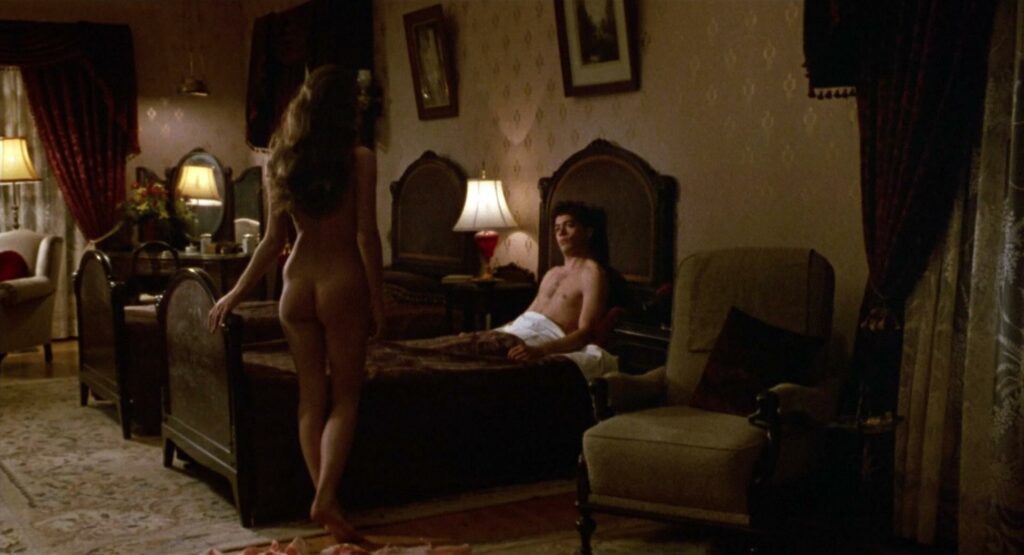
Whether one likes the films of Charlie Chaplin or not it is impossible to deny his impact on world cinema. Chaplin was a pioneer of silent comedy, film production, and one of the first great auteur’s the cinema produced. Chaplin (1992), Richard Attenborough’s adaptation of Chaplin’s My Autobiography, attempts to celebrate this monumental figure and his legacy.
But what does the movie Chaplin say about the filmmaker and the man Charlie Chaplin? The film careens through events in order to encapsulate a lifetime into two hours and twenty-five minutes. Chaplin’s life is rendered as a series of poignant episodes where exposition rules over development in favor of a speedy education in all things Chaplin. Who anyone is amounts to little more than a name and a character trait.
Although less problematic in 1992, the depiction of Chaplin’s many wives in the film is reductive and paints the filmmaker as some sort of victim. In reality Chaplin selected and groomed these teenaged women to be his brides only to discard them when their presence began to compete with his work. Chaplin asks the viewer to “side” with its titular character as it relegates the experiences of these women to a footnote. Famous actresses do little more than cameo as these young women whose lives were never their own and whose place in history has been cemented as the wives of a great, blameless man.
From a filmmaking perspective what is even more problematic about Chaplin is what isn’t shown. Chaplin’s process, his sets, his approach to direction, and his unwavering commitment to comedy is never really shown. The great set pieces in Modern Times and Limelight are never seen behind-the-scenes. It’s a missed opportunity since Chaplin believed that his work in film defined both his life and his character. The work of being Chaplin is less important to Attenborough than the sordid gossip and rumor mill of his private life. Chaplin is a biopic by way of the American soap opera.
Chaplin is a film that, with its blatant disregard of film history or cinematographic style, epitomizes what we call “Oscar bait”. It’s a safe and unadventurous film that peddles in nostalgia; offering escapism that has been recycled over and over, losing all of its potency. Chaplin isn’t a record of its subject, its a record of its author’s lack of imagination.
